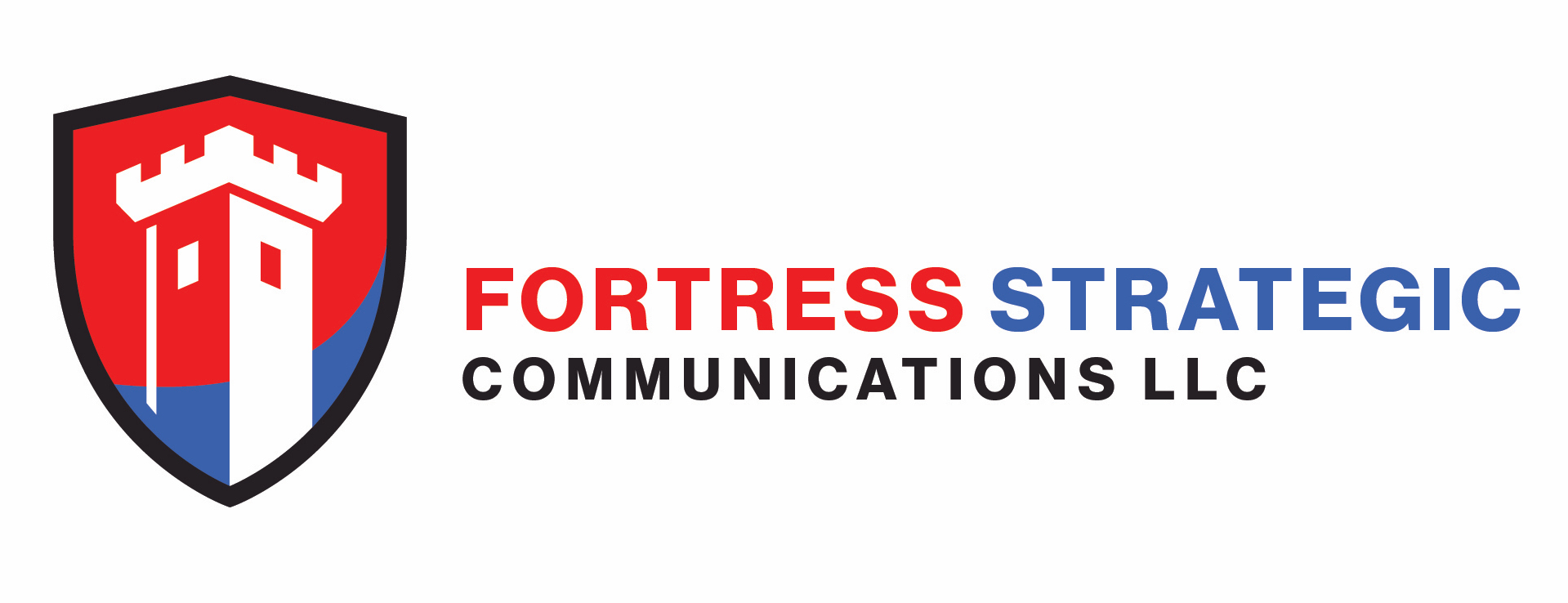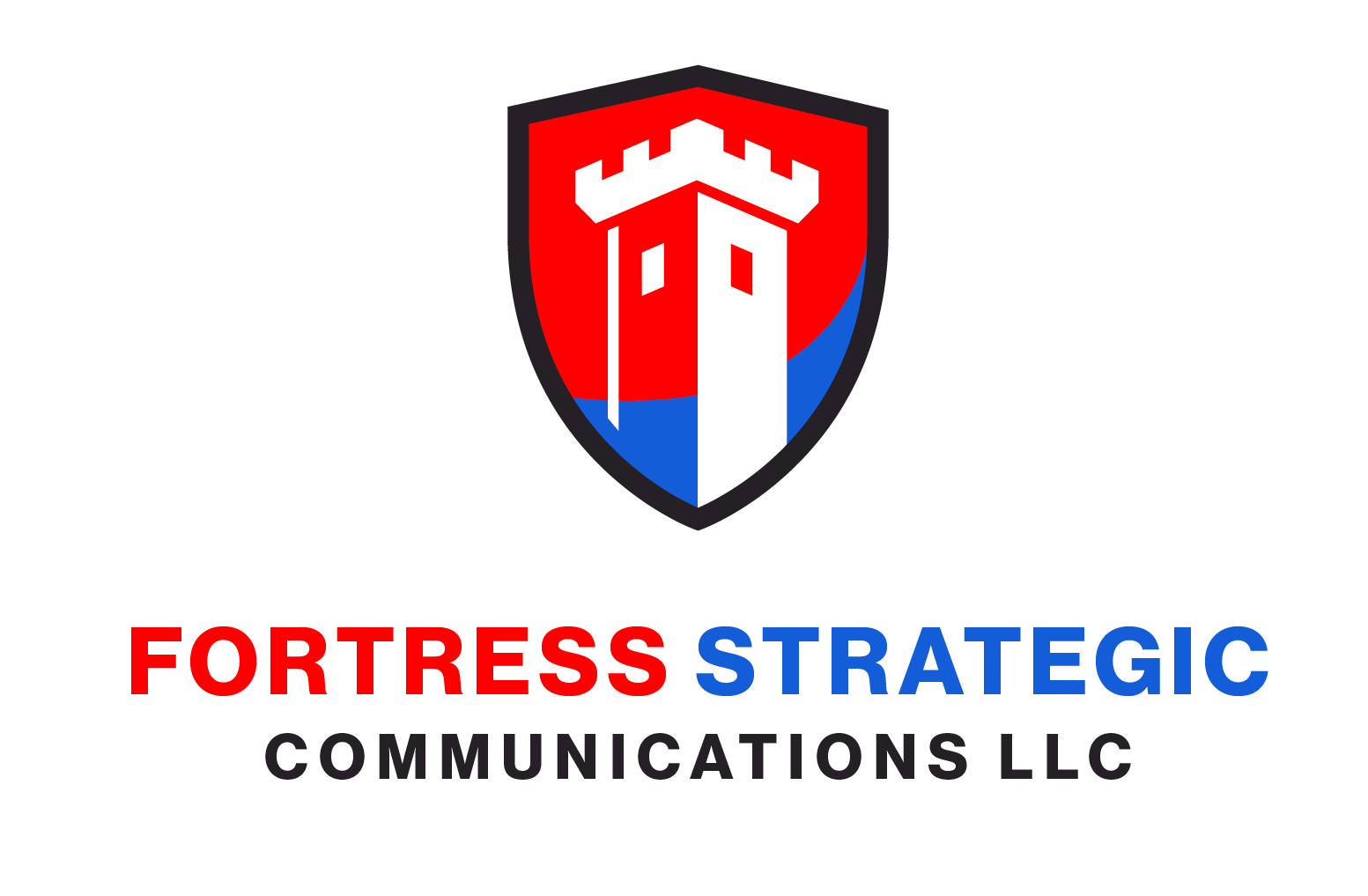Venturing into Africa: Optimizing Public Relations in the Next Great Business Frontier
For many companies looking to expand their global sales footprint and entrench their brands, Africa is not only an unknown entity, but also offers significant business opportunities with its more than 50 vibrant countries and a population of 1.2 billion (up from just 477 million in 1980).
In addition, The Center for International Development (CID) at Harvard University projects promising annual growth rates for many significant African business opportunities over the next decade. The CID reports a positive outlook for East Africa in particular. Uganda, Tanzania, Kenya, Egypt and Madagascar, ranking in the top ten, are all predicted to grow at least 5.5 percent annually. In contrast, the traditionally perceived powerhouse economies of South Africa and Nigeria are only expected to grow by 3.7% and 3.05% respectively.
To make the most of new opportunities and challenges, U.S. brand custodians need to understand how the African business environment differs from their own so that they can avoid negative consequences and nurture a vital engagement with potential clients and customers. In fact, a traditionally “American” approach to public relations could easily backfire in this unique, diverse culture. Before developing and initiating a PR campaign to launch products, goods and services on the continent, several key factors in technology, communication, and security should be considered:
Use of cellular and smart phones
According to the Pew Research Center, while cellular phones are used extensively in Africa, both the types of phones and approach to usage differ substantially from that of the U.S.
Smartphone usage in West and Southern Africa is higher than in East Africa: 34% of South Africans, 27% of Nigerians, 15% of Senegalese and Kenyans, 14% of Ghanaians and 8% of Tanzanians say that their main device is a smartphone.
So what do African cell phone users do with their phones?
- Send text messages (80%)
- Take pictures or videos (53%)
- Make or receive payments, referred to as “mobile money” (30%)
- Access political news (21%)
- Go to social networking sites (19%)
- Obtain health-related information (17%)
These factors point to the critical importance of a mobile platform as a core component of any PR strategy–in certain regions of Africa, that is. Further complicating the communication challenges is the vast number of languages spoken as well as the widely varying levels of literacy.
Number of different languages
In the United States, most PR campaigns are implemented primarily in English, with some campaigns using Spanish to reach Hispanic communities. So how do you best approach South Africa, which has not two, but eleven official languages? The easy answer may be to use English, as that is the country’s official business language–but English is only the fifth most widely spoken language out of the eleven. What if your healthcare product campaign wants to connect with rural African women who only speak Tsonga?
Case in point: Kenya has a vibrant economy with 42 different tribes and languages. Just like South Africa, the language of business is English, and everyone in Kenya is fluent in Kiswahili, Kenya’s national language. However, if you are addressing a social issue in an area where Kimîîru is widely spoken (1,660,000 speakers as of a 2009 census), communicating in this dialect would likely yield better outcomes than speaking Kiswahili. At the very least, over and above English, U.S. brands engaging in Pan-African PR campaigns will need to be prepared to communicate in French, Arabic, and Portuguese.
Rates of Literacy
Literacy affects consumers’ and decision makers’ ability to be receptive to and trusting of key PR messaging. Consider the following levels of literacy:
In Sub-Saharan Africa, more than 1 in 3 adults cannot read, and 182 million adults cannot read and write. In addition, 48 million youths between the ages of 15 and 24 are illiterate, and 22% of primary aged children are not in school. In Ethiopia, the literacy rate is 39%.
While U.S. firms commonly utilize social media, content marketing, media relations, wire services, broadcast media and traditional PR tactics such as press releases, case studies, and bylined articles to connect to key decision makers, how can a U.S. business effectively communicate with illiterate consumers?
A target market or demographic that is not functionally literate should not be written off as unable to receive or understand brand messaging. By working with the correct partners and understanding how these consumers receive messaging, e.g. through images, word of mouth, and brand presence in their environment, new and diverse platforms and opportunities can be tapped into and used as effective communication conduits.
Localized content
The vast majority of African journalists still depend on press releases to stay abreast of new products, services, ventures, business results, etc. With its colonial past, and almost 20 African countries being part of the British Commonwealth, English is a critical component of the business and political landscape – not to mention French in Francophone Africa. Hundreds of English newspapers, radio stations, trade, industry and consumer magazines pronounce and spell words “the British way.”
While grammar and spelling issues may seem insignificant to some, they are highly significant when it comes to content generation and dissemination for PR campaigns in Africa. Most African journalists prefer to receive content written in United Kingdom Standard English (UKSE). Just as in the U.S, African newsrooms are under constant pressure and journalists face daily deadlines. They do not want to have to closely edit copy to normalize grammar and spelling. As a result, it is not uncommon for these journalists to simply delete press releases and other media content that do not follow regional guidelines. In other words, if you fail to attend to this “little” issue, your message might never see the light of day.
Business continuity and risk management
Africa is fraught with power outages, infrastructure challenges, and enterprise and geopolitical risks. U.S. brand custodians need to factor these risks into any media conference, product launch or PR campaign they embark on. For example, if an event will be held at a hotel, it should be confirmed that the facility has backup generators and appropriate security. Or, for a rural event, risk planning must ensure the safety of dignitaries. Sometimes the inability to pay attention to these finer details can impact the successful rollout of a PR campaign and even result in permanent brand and perception damage.
Tapping into expert consulting
There is a current perception that U.S. brands need to have their own PR consultants open offices in Africa. While there is nothing wrong with this approach, it should not be seen as a “do or die” expansion venture.
American companies should also be tapping into the capabilities of consultancies with experience in Africa, and located in the USA. These American-based agencies bring vast experience in regional African business culture in addition to unique assets and skills to help companies and brands navigate the sometimes-complex media, social, and cultural landscape in Africa. These companies also have solid, established relationships with local and national media across the continent, as well as Africa-based agencies. Their know-how helps them work efficiently and provide much-needed guidance to help U.S. companies establish their brand in Africa.
While it may seem like a complex and difficult business arena at first glance, Africa in fact provides rich and rewarding opportunities for U.S. brands and PR companies looking to grow their global and African footprints. Establishing a brand in Africa requires strategic planning, commitment and patience as well as a deep understanding of culture, language, perception, risk, and the ways companies and consumers operate in various countries across the continent. To succeed in this promising market, be aware, be flexible, and be attentive to not only the macro-environment of the continent, but also to the micro-environments where your future clients and customers do business every day.
—ENDS—
Based in Syracuse, N.Y., Fortress Strategic Communications provides specialized strategic public relations and crisis communications consulting to companies that offer products, services, and solutions designed to manage and mitigate all types of risk. The company is able to draw on a combined 20 years of global experience from its executives in a wide array of vertical markets. For more information please visit: www.fortresscomms.com





